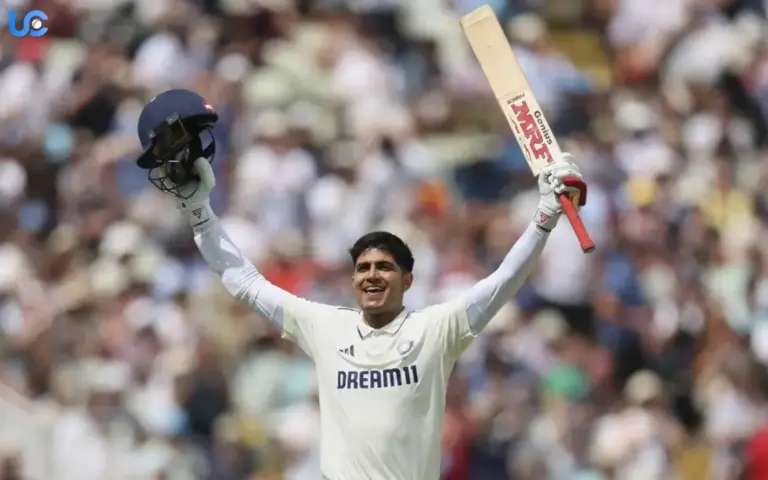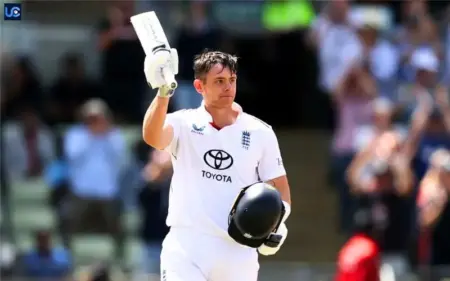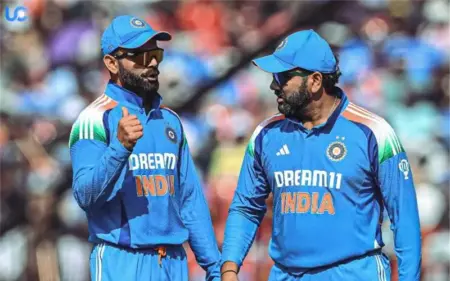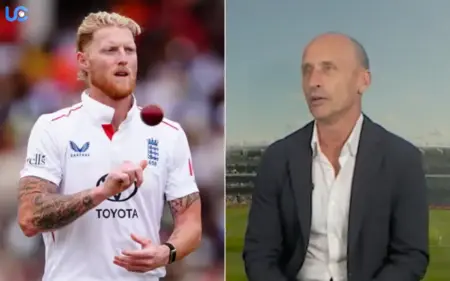Speaking on JioHotstar’s ‘Match Centre Live’ after the second day of the second Test between India and England, Indian Test captain Shubman Gill spoke about how he changed his batting for the Edgbaston conditions.
“I noticed the ball wasn’t hard and my shots were going straight to the fielders. I had 35-40 runs off 100 balls and told Gautam Paaji that I couldn’t hit boundaries. I wasn’t scoring as fast as in the first Test. I knew if I got set I had to stay till the end and finish it off. I learned from the last game that the lower order can collapse quickly in these conditions so I tried to bat deep and not make mistakes. I had worked on my movement and setup before the IPL and this series. I used to get out in 30s and 40s because I would lose focus. This time I went back to how I used to bat when I was a kid. I kept a steady rhythm, stayed calm and didn’t worry about the score. My idea was to enjoy batting and stay focused.”
Gill talked about how tough it is to switch from T20 to Test cricket. “It’s not easy to change between formats, especially from T20 to Test cricket. In the last four or five years we have seen big changes in technique, mindset and how we set up. After playing instinctual cricket for three months it’s hard to suddenly change and control everything. That’s why I started practicing with the red ball during the IPL to get my mind and body ready for Test matches again. Going from Test to T20 is easier but going the other way really tests your control.”
Read Also:- Michael Vaughan Predicts Shubman Gill’s Test Average
Jonathan Trott also praised Shubman Gill for how well he adapted and how clear he was during his Edgbaston innings. “The pitch here wasn’t as fast as Headingley. It might have had a bit more carry but it challenged the batsmen differently. That can be tough for someone like Shubman who likes pace. But he didn’t let it bother him. He had worked on his technique and even when things weren’t going his way he came up with a plan. The main thing from this innings is that he found a way. He handled the pressure, accelerated when he needed to and played a great innings. That’s what great players do.”




